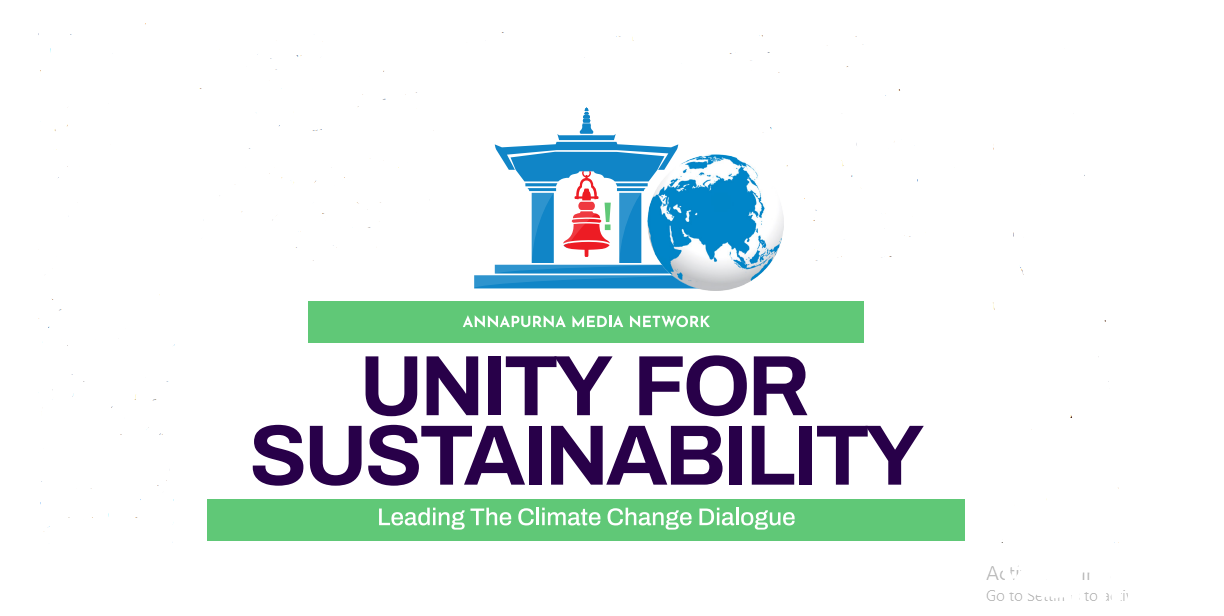US Army’s Pacific Commanding General Charles Flynn arrives in Kathmandu
US Army’s Pacific Commanding General Charles Flynn arrived in Kathmandu on a four-day visit to Nepal on Thursday.
Lieutenant General Bal Krishna Karki welcomed him at the Tribhuvan International Airport.
During his visit to Nepal, he is scheduled to meet Chief of Army Staff (CoAS) Parbhu Ram Sharma on Friday. He will also be meeting Prime Minister Sher Bahadur Deuba the same day.
The top US Army official has arrived in Nepal at a time when CoAS Sharma and Prime Minister Deuba are preparing to fly to the United States.
Actor Paul Shah not to move SC, decides to wait for verdict
Actor Paul Shah, who was arrested on the rape charge, now has to wait for the verdict after the Pokhara High Court upheld the district court’s decision to remand him to judicial custody.
Though he can move the Supreme Court against the decision of the district and high court, Shah’s lawyer said that they have decided to wait for the verdict as it would take time to move the apex court.
The 32-year-old actor, who has been accused of raping a minor girl, turned himself in to police on February 27.
A week later, the Tanahun District Court sent actor Shah to judicial custody on the rape charge for further investigation.
A single bench of Tanahun District Court Judge Harish Chandra Dhungana had issued an order to send Shah to judicial custody.
Based on the complaint filed by a 17-year-old singer, the District Attorney’s Office had filed a case against Shah at Tanahun District Court seeking 14 years of imprisonment.
Later, the issue took a twist after the minor singer, who had filed a complaint accusing Shah of raping her, changed her statement at the Tanahun District Court.
The girl said that she had not been raped as claimed by her earlier. She said that the information she stated while filing the complaint was false.
One held with over 500 gram gold from TIA
Police have arrested a man in possession of 516. 5 gram gold from the Tribhuvan International Airport (TIA) on Thursday.
The arrestee has been identified as Jitendra Kumar Yadav of Dhanusha.
He landed at the Tribhuvan International Airport from Qatar boarding a flight of Qatar Airlines at 9: 45 am today.
TIA Customs Office Chief Mahesh Bhattarai said that Yadav was arrested with the gold hidden inside his underwear during a regular security check.
Police said that they are looking into the case.
Custom Styles
{"version": 2, "isGlobalStylesUserThemeJSON": true }
Police seize three trucks with illegal goods worth around Rs 20 million
Birgunj police have taken under control three trucks with goods passed through illegal channels to Nepal from India.
Police have handed over the trucks along with the seized goods worth around Rs 20 million to the Department of Revenue Investigation in Pathlaiya for investigation, DSP Om Prakash Khanal of the District Police Office, Parsa said.
Khanal said that the trucks (Ba 5 Kha 6558 and Lu 2 Kha 5349) laden with medicines and garments among others were taken under control from Ghantaghar, Birgunj.
Similarly, police said that the truck (Na 4 Kha 4301) carrying medicines among other goods was impounded from Maisthan Chok, Birgunj-8.
Unity for Sustainability co-hosts panel discussion on ‘Soil and I’
Unity for Sustainability, Annapurna Media Network’s climate change dialogue campaign, in association with Save Soil, and VFX Talks organized a panel discussion on the topic ‘Soil and I’ in Kathmandu on June 5.
The event held at Nepal Academy Hall to mark the World Environment Day was aimed at raising awareness about soil degradation in solidarity with the global movement ‘Save Soil’ initiated by Sadhguru, an Indian yogi and the founder of Isha Foundation.
More than 1,000 people were in attendance to listen to the panelists representing various fields.
Govinda Prasad Sharma, secretary at the Ministry of Agriculture and Livestock Development, spoke about the importance of soil and the current soil condition in Nepal.
He pointed out that there were good amounts of potassium and phosphorus in Nepal’s soil, but it was deficient in nitrogen content.
“Nepal’s soil has 1.96 percent of organic content, which is less than the minimum organic content requirement (3 percent) for the soil to be considered healthy,” he said.
Bhawani Rana, former president of Federation of Nepalese Chambers of Commerce and Industry, it was high time that the private sector also came to terms with the effects of soil degradation and did the needful to save soil.
“The private sector can do a lot to prevent soil degradation. It can, for instance, encourage agri-entrepreneurs and relevant government agencies to work together to maintain and improve the soil quality,” she said.
Actor Rajesh Hamal said just acknowledging that Nepal’s soil quality is unhealthy was not going to make any difference. “It’s time to take action by assimilating the information and knowledge and information we have on our soil,” he added.
The panel discussion was moderated by banker Anil Shah. The program also had musical performances by Pushpan Pradhan, Pema Lama, Arjun Karki, and Manoj Maharjan.













